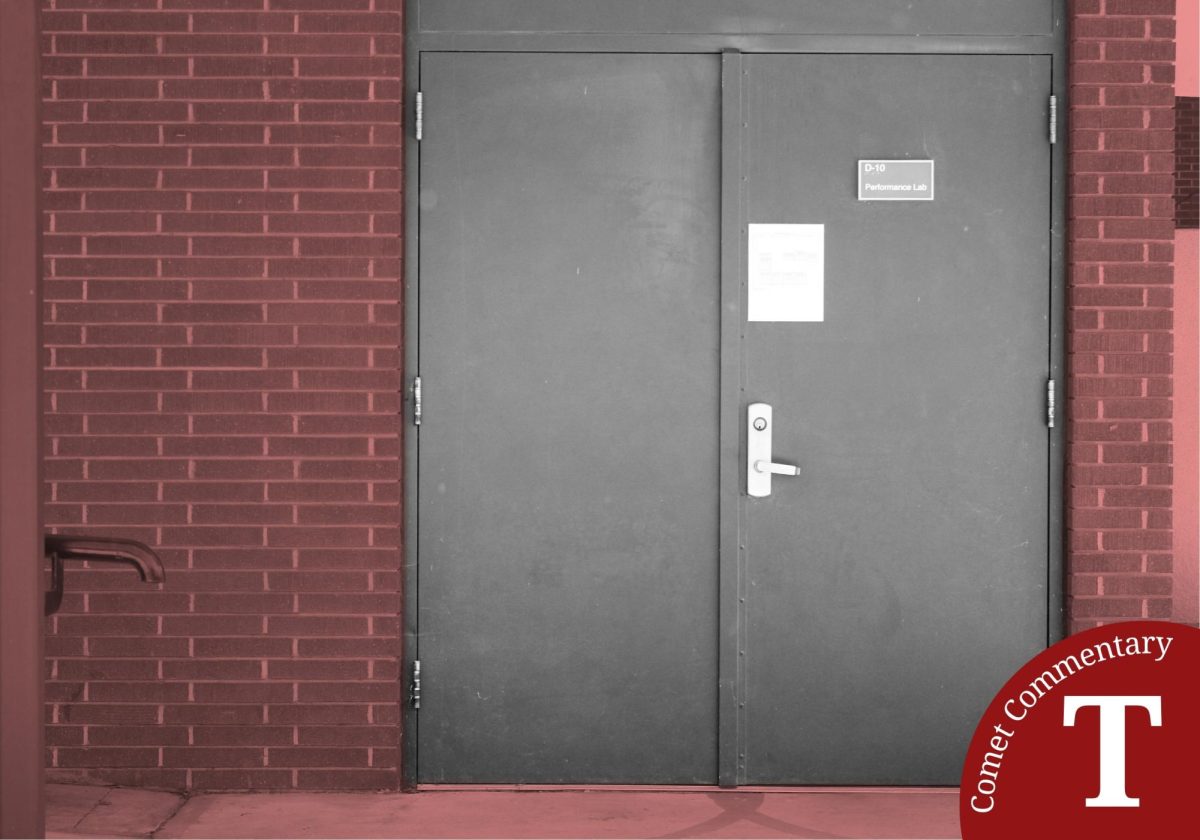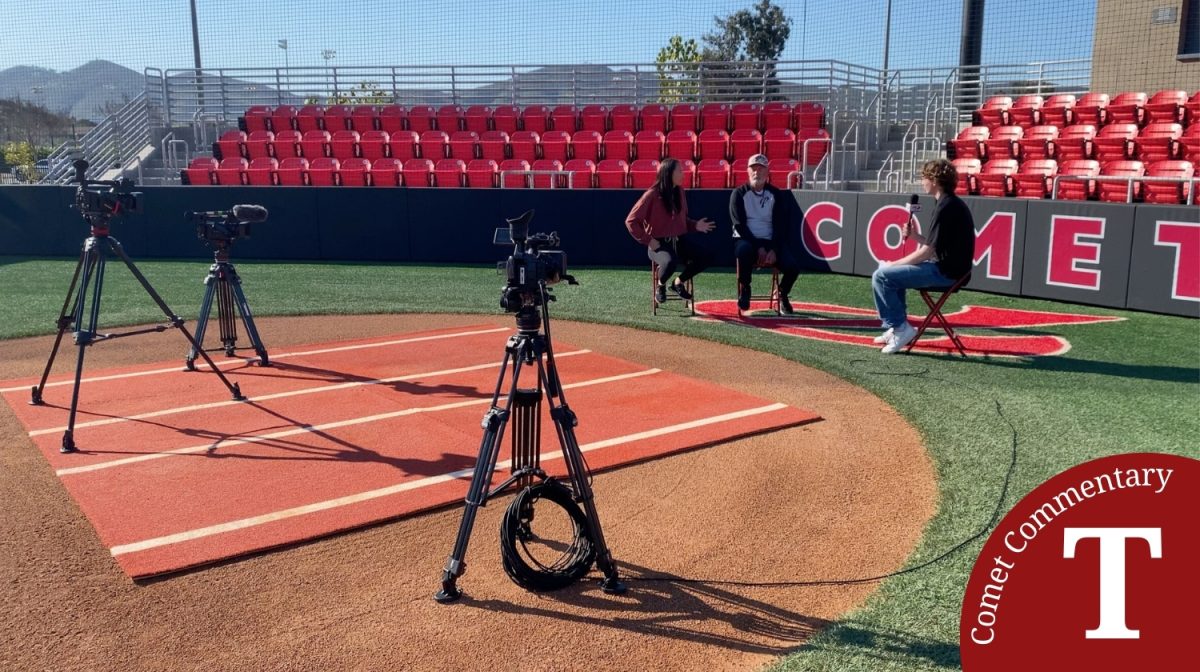Now more than ever people are relying on social media to get their news. The question for many now is whether social media is a credible news source or not. Is it better to get news out as fast as possible? Even if that means facts spread throughout the web are not 100 percent confirmed?
I believe the time has come where we should consider users of social media sites such as Twitter and Facebook to be valid news sources.
It is up to individuals to understand whom they are following on social media sites such as Twitter and Facebook. There are ways to check whether or not an account is real. Twitter for example, will have a blue and white colored check mark that verifies the user’s account.
Twitter allows users to break news the second it happens rather than a daily newspaper, whose audience will not receive the same story until the following day.
Social media users are able to tweet a breaking issue before a newspaper has time to print it the next day.
I’ve always heard that news is all about timeliness. Although dashing to be the first with news may result in slight inaccuracies, social media is a way to get the concept out there immediately.
There are plenty of examples where social media has broken news. Take for example in 2011 when IT consultant Sohaib Athar unintentionally live tweeted, “Helicopter hovering above Abbottabad at 1AM (is a rare event),” followed by “Uh oh, now I’m the guy who liveblogged the Osama raid without knowing it.”
Athar sent his tweet out nine hours before the Osama Bin Laden raid was spread by the media.
Another example would be the Boston Marathon bombing in April 2013. Runners and others on the ground that day used their social media websites to share with the rest of the world what was taking place.
They provided the world with pictures and even video to support their tweets.
Social media allows different people from all over the globe to have a voice. It allows us in some way to be in more than one place at a time, news wise, of course.
A Pew Research Internet Project study found “51 percent of social networking site (e.g. Facebook) users who are also online news consumers say that on a typical day they get news items from people they follow.
Another 23 percent of this cohort follow news organizations or individual journalists on social networking sites.”
Another example of individual voices allowing us to be in more than one place at a time may be having a family member in a country across the globe.
That same family member sends out a tweet about his city that just got hit by a major earthquake. Voila! Now, you have news to share with your friends, family and followers that they may have not heard about if it wasn’t for your family member’s tweet.
Social media and the Internet give you the ability to update your audience at any moment in time.
I would much rather be informed about a story actually occurring, rather than hours–or even days later when each and every fact is finally available.ery fact is finally available.












